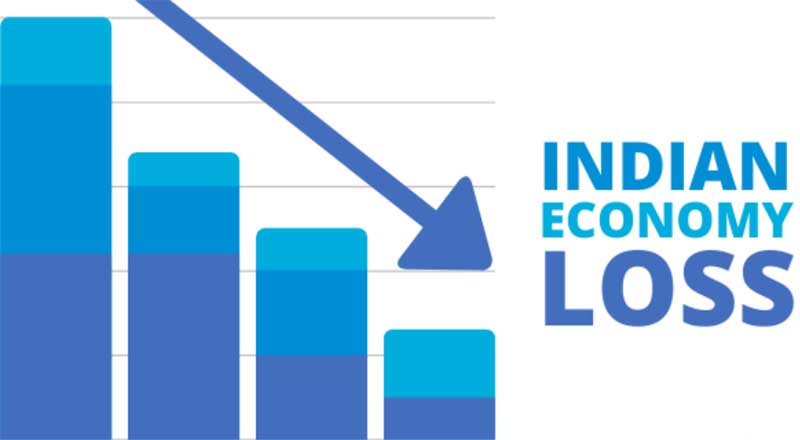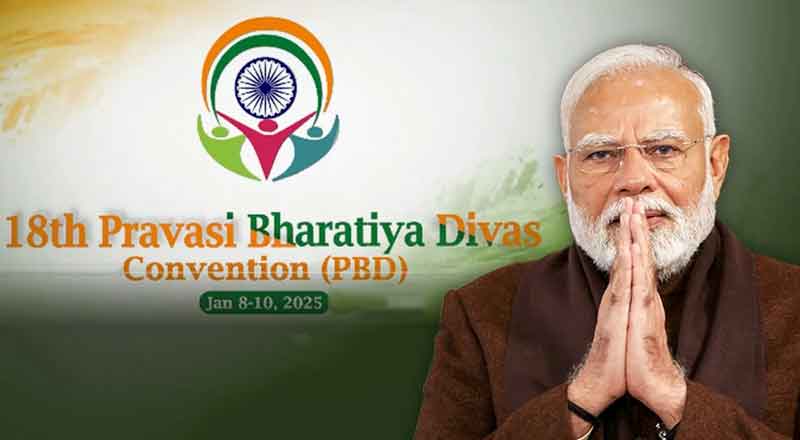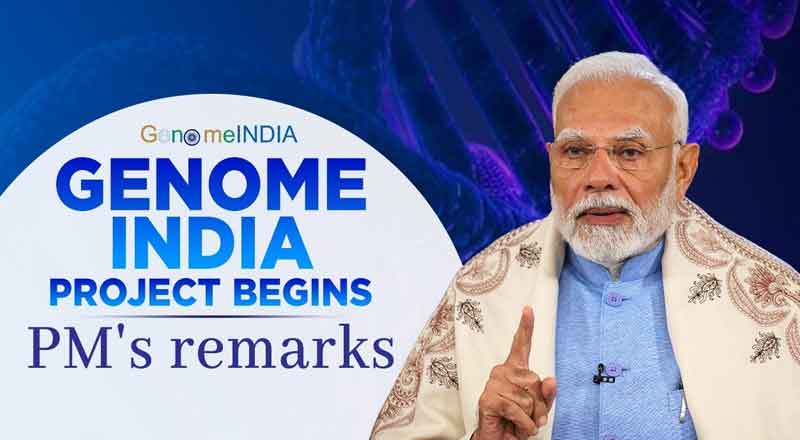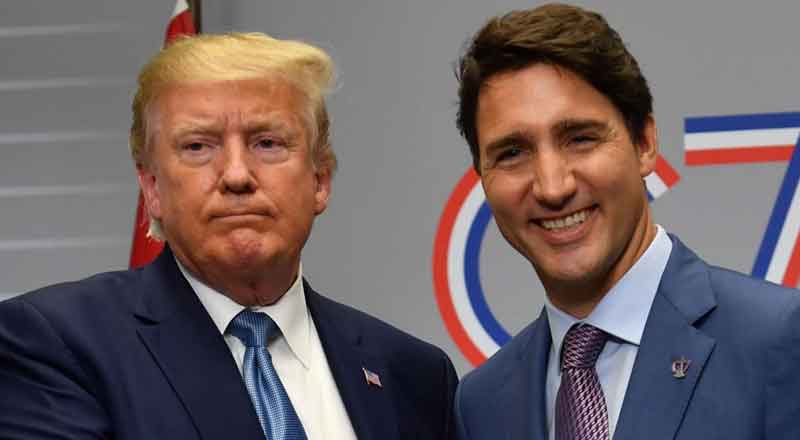COVID-19 brings various threat and opportunities for the start-up eco-system ,which is directly impacts the Indian economy.
Even as the number of COVID-19 cases in India and around the world touch new heights every day, the countries remain under lockdown waiting for a vaccine for the deadly virus.
Stock markets have continued to crash globally, and businesses are running on limited resources and supplies amid widespread fear and panic. Almost every sector is dealing with the burden of the crisis, with tech giants cancelling major plans and suspending operations in many geographies.
Indian economy is expected to lose over $4.5 billion (over Rs 35,000 crore) every day of the lock-down and around USD 98 billion (about Rs 7.5 lakh crore) during the 21 day nationwide lockdown period, according to Acuité Ratings.lockdown may have cost the Indian economy Rs 7-8 lakh crore during the 21-day period
As a result, the overall GDP growth for FY21 is estimated to be in the band of 2-3 per cent, which takes into account a significant economic revival in H2FY21. “The services that are hugely impacted are transport, hotel and restaurant and real estate activities that account for around 22 per cent in GVA. We are expecting around 50 per cent loss in these sectors in Q1 of FY21,” Acuité Ratings said in a statement.
The Indian retail sector comprising 70 million small medium and big traders employing 45 crore people, does a monthly business of approximately USD 70 billion. Agricultural sector, which accounts for 15 per cent of GVA, will be relatively less impacted as crop harvesting and food distribution activities will continue; however, livestock and fishery segments are to witness mute demand and lower the sector’s average 3.5-4 per cent growth.
Another, two weeks extension of the lockdown to continue in India, without any choice. Reason being, India does not have the capacity, meaning about a million beds at intensive care units (ICUs), to adopt a strategy of letting the virus spread and treating the small proportion, say 5%, of those infected who would need ventilators at ICUs, while the rest of the population acquire what epidemiologists call herd immunity.
Government has to come out with strict norms by Over 8,000 factories are producing protective masks in China. Let Indian garment makers reorient their production lines to make masks and protective suits. Let the chemical industries produce the materials needed to create fabric for making medical gowns. Let engineering goods makers produce ventilators. The government should commit to buy everything that is made, provided standards are met. Whereas, the report says, medicines are being imported from China in huge quantities and also exports to few European countries without any records in the ministry. This need to be controlled ASAP.
Build a thousand court rooms and recruit judges through an all-India judicial service. Complete the new towns under construction. Leverage the tele-medicine and the distance learning experience of this outbreak to scale up healthcare and education.
Print money, use it for large-scale investment, and growth will bring forth the produce needed to prevent the demand generated from turning into excess demand. India’s possibilities are many.
Lakhs of workers and labourers who returned to villages are now similarly weighing whether to return at the end of the lockdown, which Modi this week extended to May 17. Companies are already reporting labour shortages at ports and factories, potentially exacerbating an economic slowdown.
Hope post lockdown also these labourers may not come back immediately to the cities and Metros for the job. A report says, they would prefer to stay in their own villages/towns do some odd work or business to keep them sustained.
Automobile makers, which include the local units of Nissan Motor Co., Ford Motor Co. and Suzuki Motor Corp., are discussing potential labor shortages after India lifts its lockdown, according to people familiar with discussions. Jewellers, India’s second-largest export sector, see production suffering for at least two months, said N. Anantha Padmanaban, chairman of the All India Gem and Jewellery Domestic Council.
On the positive side, a quick recovery in the domestic economic activities is likely in H2, which may in turn benefit from the fiscal and monetary measures along with lower global oil prices.





